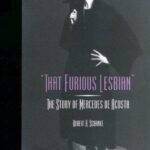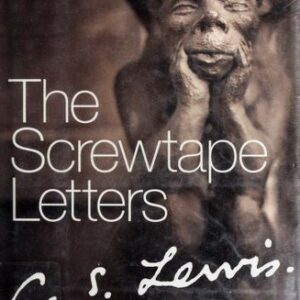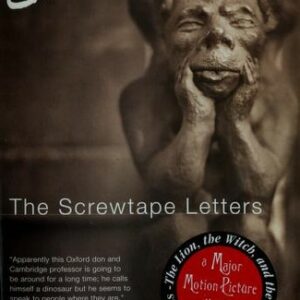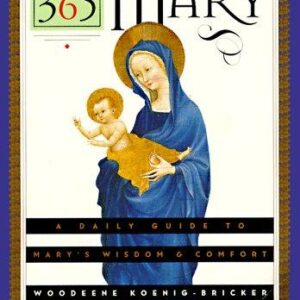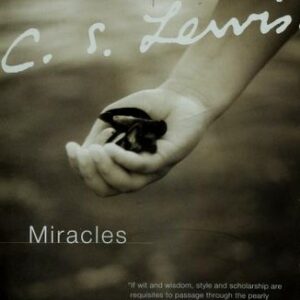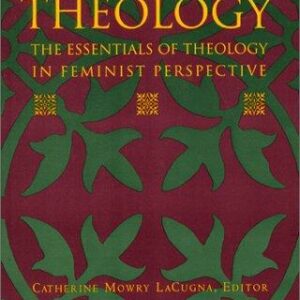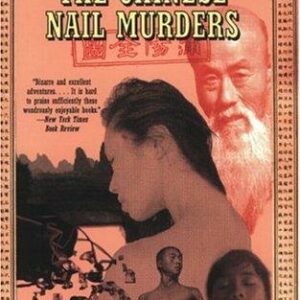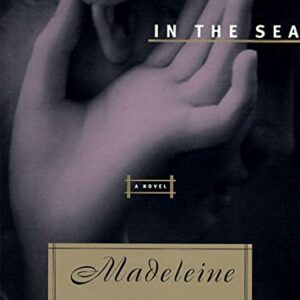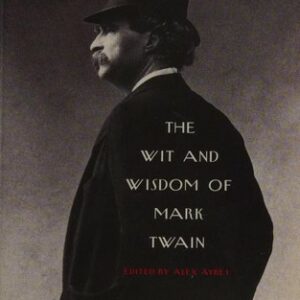In this first book-length biography of Mercedes de Acosta, theatre historian Robert A. Schanke adroitly mines lost archival materials and mixes in his own interviews with de Acosta’s intimates to correct established myths and at last construct an accurate, detailed, and vibrant portrait of the flamboyantly uninhibited early-twentieth-century author, poet, and playwright. Born to wealthy Spanish immigrants, Mercedes de Acosta (1893–1968) lived in opulence and traveled in the same social circles as the Astors and Vanderbilts. Introduced to the New York theater scene at an early age, her dual loves of performance and of women informed every aspect of her life thereafter. Alice B. Toklas’s observation, “Say what you will about Mercedes, she’s had the most important women in the twentieth century,” was well justified, as her romantic conquests included such internationally renowned beauties as Greta Garbo, Marlene Dietrich, Isadora Duncan, and Eva Le Gallienne as well as Alla Nazimova, Tamara Karsavina, Pola Negri, and Ona Munson. More than a record of her personal life and infamous romances, this account offers the first analysis of the complete oeuvre of de Acosta’s literary works, including three volumes of poetry, two novels, two film scripts, and a dozen plays. Although only two of her plays were ever published during her lifetime, four of them were produced, featuring such stage luminaries as John Gielgud, Ralph Richardson, and Eva Le Gallienne. Critics praised her first volume of poetry,
Moods, in 1919 and predicted her rise to literary fame, but the love of other women that fueled her writing also limited her opportunities to fulfill this destiny. Failing to achieve any lasting fame, she died in relative poverty at the age of seventy-five. De Acosta lived her desires publicly with verve and vigor at a time when few others would dare, and for that, she paid the price of marginalized obscurity. Until now. With
“That Furious Lesbian” Schanke at last establishes Mercedes de Acosta’s rightful place as a pioneer—and indeed a champion—in the early struggle for lesbian rights in this country. Robert A. Schanke has edited a companion to this biography,
Women in Turmoil: Six Plays by Mercedes de Acosta,also available from Southern Illinois University Press. In this first book-length biography of Mercedes de Acosta, theatre historian Robert A. Schanke adroitly mines lost archival materials and mixes in his own interviews with de Acosta’s intimates to correct established myths and at last construct an accurate, detailed, and vibrant portrait of the flamboyantly uninhibited early-twentieth-century author, poet, and playwright.
A Professor Emeritus of Theater at Central College in Pella, Iowa, Robert A. Schanke is the editor of the international journal Theatre History Studies and the Southern Illinois University Press series Theater in the Americas. His five other books include Eva Le Gallienne: A Bio-Bibliography and Shattered Applause: The Lives of Eva Le Gallienne, a finalist for both the Lambda Literary Award and the Barnard Hewitt Award for theatre research.
“[A]n entertaining biography. . . .”
—New York Times Book Review “[A]n entertaining biography. . . .”
—New York Times Book Review“Drawing on countless hours spent with de Acosta’s personal correspondence and unpublished writings, Schanke puts together a compelling portrait of a woman whose confidence in herself is striking, particularly because she stood tall in an era when women were taught to do the opposite. . . . Although de Acosta’s writing is largely neglected, Schanke’s well-crafted, deeply-researched biography makes her live again, gliding down the streets of New York to show other women how it should be done.”
—ForeWord “[Schanke] has written a delightful biography of de Acosta, which places her in the Dona Juana hall of fame. . . . Schanke’s biography . . . is a delicious read, filled with juicy quotes and excellent research on peripheral players. Like Natalie Barney, de Acosta was an original and artful seductress.”—Girlfriends“Mercedes deserves a lot of credit for having the courage to be an outspoken lesbian in the early twentieth century. . . .”—Gay City News “Schanke brings an awareness of what is tragically left undone to the study of de Acosta’s life. . . . Her individualism, her struggle to express herself, her desire to be loved—these make de Acosta an enormously compelling contemporary figure.”—Choice“The story of de Acosta, her life, her loves, and her struggle to live openly in a world that wanted no part of her, will serve to inspire generations to come. Schanke is to be congratulated for taking the time and effort to bring de Acosta to life so vividly, and for working to see that she and her work finally get the credit, and attention, they deserve.”—Texas Triangle“A gripping good read. . . . [T]his book also sheds new light on the biographies of dozens of other renowned women of the era—Greta Garbo, Marlene Dietrich, Alla Nazimova, Ona Munson, and Eva Le Gallienne, to name a few.”—Felicia Hardison Londré, University of Missouri–Kansas City
“
That Furious Lesbian”: The Story of Mercedes de Acosta reclaims and celebrates a figure who is now almost virtually unknown among students and scholars of theatre history. . . . Schanke’s lively and provocative narrative chronicles the story of this important figure in gay and lesbian history.”
—Elizabeth Reitz Mullenix, Illinois State University
“Drawing on countless hours spent with de Acosta’s personal correspondence and unpublished writings, Schanke puts together a compelling portrait of a woman whose confidence in herself is striking, particularly because she stood tall in an era when women were taught to do the opposite. . . . Although de Acosta’s writing is largely neglected, Schanke’s well-crafted, deeply-researched biography makes her live again, gliding down the streets of New York to show other women how it should be done.”
—ForeWord “[Schanke] has written a delightful biography of de Acosta, which places her in the Dona Juana hall of fame. . . . Schanke’s biography . . . is a delicious read, filled with juicy quotes and excellent research on peripheral players. Like Natalie Barney, de Acosta was an original and artful seductress.”—Girlfriends“Mercedes deserves a lot of credit for having the courage to be an outspoken lesbian in the early twentieth century. . . .”—Gay City News“Schanke brings an awareness of what is tragically left undone to the study of de Acosta’s life. . . . Her individualism, her struggle to express herself, her desire to be loved—these make de Acosta an enormously compelling contemporary figure.”—Choice“The story of de Acosta, her life, her loves, and her struggle to live openly in a world that wanted no part of her, will serve to inspire generations to come. Schanke is to be congratulated for taking the time and effort to bring de Acosta to life so vividly, and for working to see that she and her work finally get the credit, and attention, they deserve.”—Texas Triangle“A gripping good read. . . . [T]his book also sheds new light on the biographies of dozens of other renowned women of the era—Greta Garbo, Marlene Dietrich, Alla Nazimova, Ona Munson, and Eva Le Gallienne, to name a few.”—Felicia Hardison Londré, University of Missouri–Kansas City“That Furious Lesbian”: The Story of Mercedes de Acosta reclaims and celebrates a figure who is now almost virtually unknown among students and scholars of theatre history. . . . Schanke’s lively and provocative narrative chronicles the story of this important figure in gay and lesbian history.”
—Elizabeth Reitz Mullenix, Illinois State University


